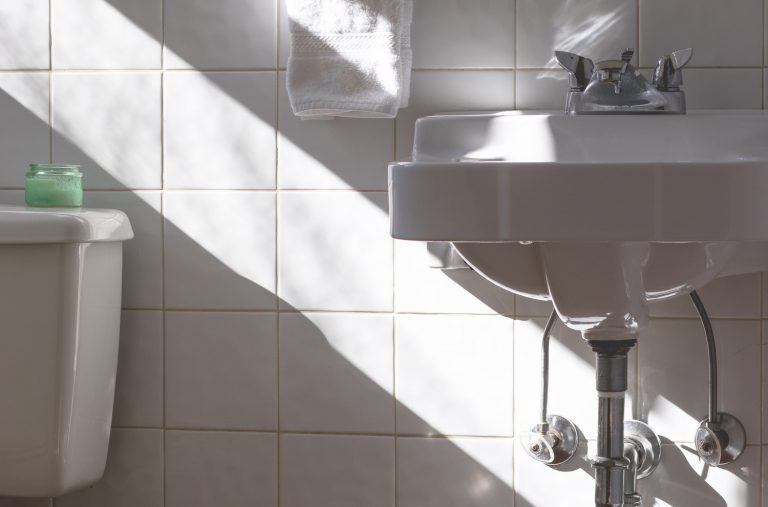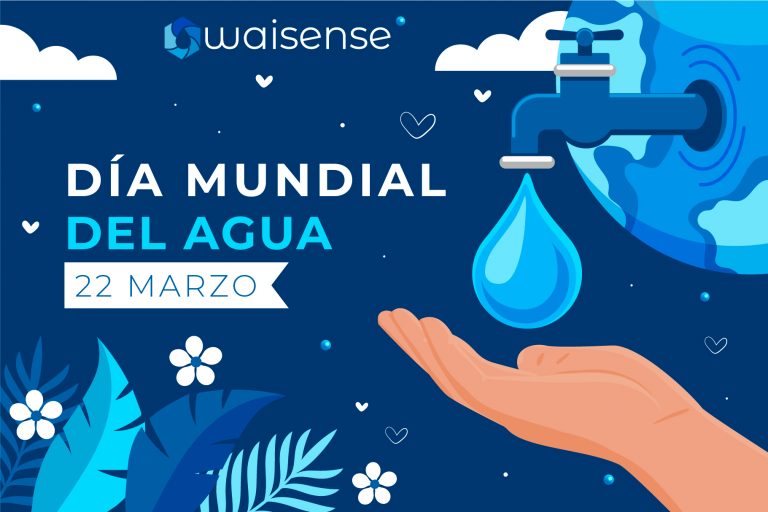The quest for sustainability, energy efficiency and water savings in housing is a trend that is on the rise and is here to stay.
In Spain over the years, grants and subsidies have been published for the improvement of sustainability in residential housing, but they are not always in force and have very specific requirements, which do not cover the entire housing population. Currently, there is an active aid plan for housing rehabilitation, which subsidises the improvement of energy efficiency and sustainability. However, to be eligible for this aid, with a deadline until December 2022, the home must have been built before 1996 and payments must be made in advance, so that the aid will not be received until the renovation is carried out.
Apart from this aid, there is the social water voucher, which is aimed at people in a situation of vulnerability, who are over 65 years of age or large families. However, this subsidy does not subsidise actions that promote sustainability or efficiency.
So if you are not going to carry out a reform of these characteristics or you do not belong to one of the groups that benefit from the social vouchers, it is very difficult to obtain aid for actions that you carry out to make your home more efficient and sustainable.
In the United States, many water companies will give you up to $200 back if you get a domestic hot water recirculation system for your home. This kind of support encourages people to purchase solutions that make their daily routines considerably more sustainable, saving water every time they want to use hot water.
This type of aid in Spain would mean that in each household that obtains a recirculation system, such as WAISENSE, as well as being more economical and easier to amortise, each person who makes use of this system could save up to 800 litres per month, contributing not only to being more sustainable, but also to reducing the problem of the drought that we have been experiencing in recent months in a more serious way.




